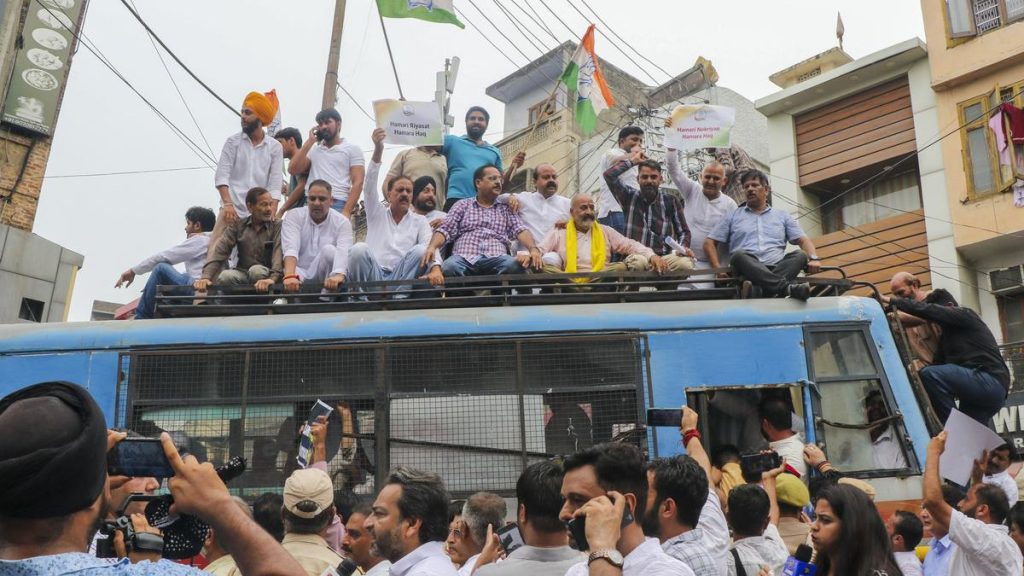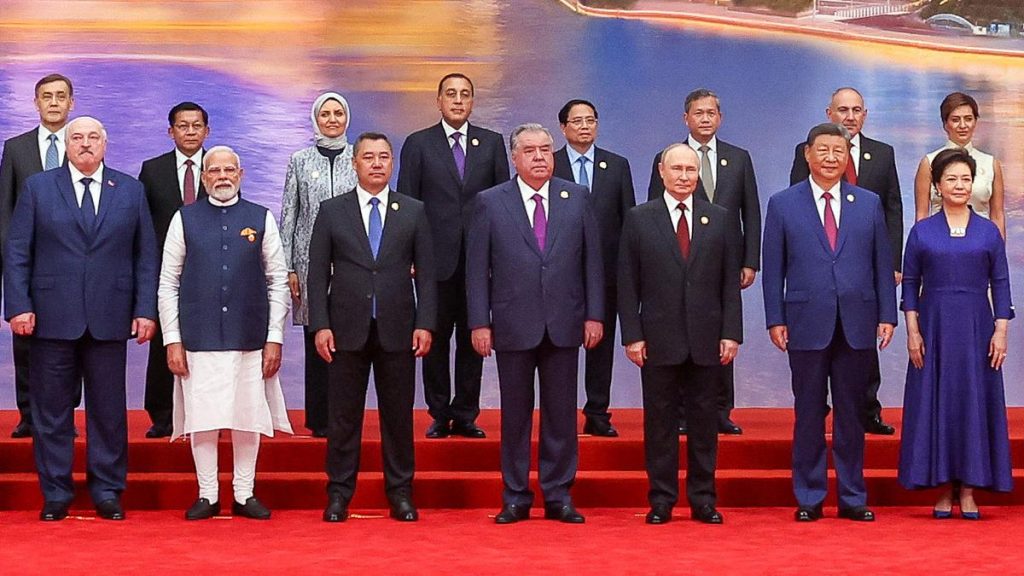Now Reading: Urea Shortage Hits Andhra Farmers Hard This Kharif Season
-
01
Urea Shortage Hits Andhra Farmers Hard This Kharif Season
Urea Shortage Hits Andhra Farmers Hard This Kharif Season
Speedy summary
- Farmers in Andhra Pradesh are facing a 40% shortage of urea during the critical kharif season,which covers about 31 lakh hectares in the state.
- The affected districts include Srikakulam, Konaseema, Eluru, Kakinada, and Kurnool. Delays in urea availability risk lowering crop yields.
- Small and marginal farmers-many of whom are tenant farmers-are particularly impacted by the shortage, leading to frustration and long queues at fertilizer shops.
- Tenant Farmers Welfare Association leader B. Balaram attributed the crisis to limited allocations and transportation disruptions caused by floods and heavy rains.
- Nano urea is available but less preferred by farmers due to concerns over corporate influence tied to its promotion compared with conventional solid urea.
- government efforts include district-wise allocations; a subsidised scheme prices one bag of urea at ₹265-266 (market cost: ~₹2,000). Distribution is monitored through an Integrated Fertilizer Monitoring System linked to Centre-controlled allocations.
- Recent supplies from the centre include shipments of 10,350 tonnes to Gangavaram port and another 25,000 tonnes expected at Kakinada port within two weeks.
Indian Opinion Analysis
The reported acute shortage of urea highlights critical issues for agricultural sustainability in Andhra Pradesh during this kharif season. For small-scale farming households reliant on timely subsidies for fertilizers such as solid-form urea-which remains essential for high yields-the shipment delays exacerbated by weather disruptions underline persistent vulnerabilities within India’s supply chain infrastructure.
While nano-liquid alternatives exist as supplementary measures pushed toward modernization or efficiency goals, reluctance among local cultivators signals gaps between innovation outreach programs versus practical farmer adaption levels amidst affordability-driven adoption limits contexts scaling average hectare targets regionally–pensioning uncertain systemic reforms either legislative-federal facilities adapting egalitarian budgets+=eco-commercial reliance parties stabilizing plantation scalability requisite turnaround crops

























